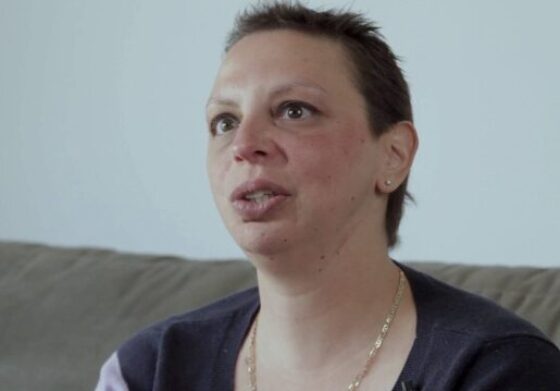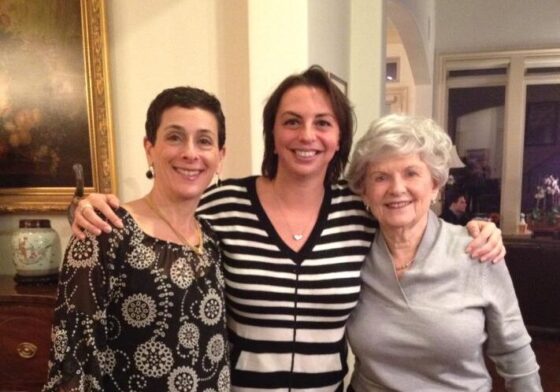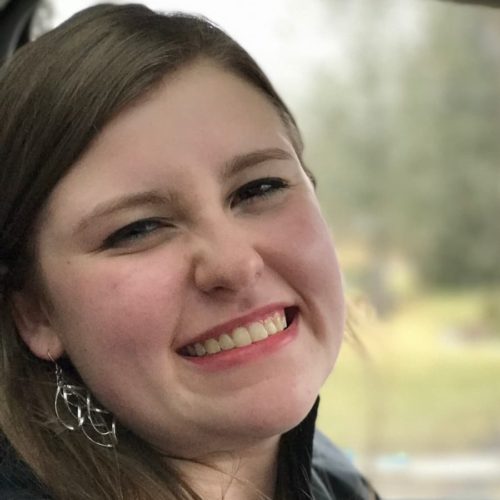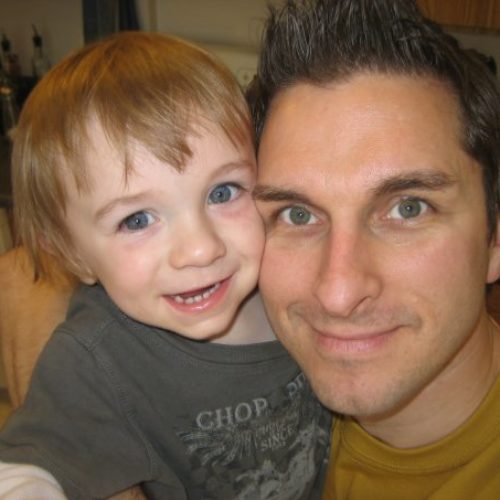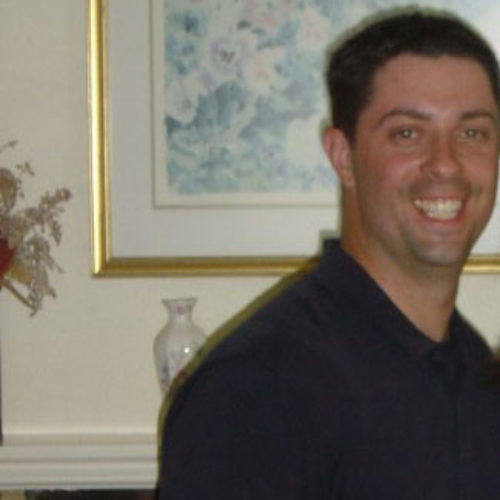I thought I hit my knee on my desk at work. It felt like I had a bruise, but didn’t see one so I didn’t think much of it. Over the following months I noticed that I still had a bruise on my knee. Honestly, I thought I just kept banging it on my desk!
Fast forward about six months. I was participating in a team building exercise at work that required us to run around the building. Afterwards I felt shooting pains down my leg. It got to the point that I could hardly walk. I went to a walk-in medical clinic where I met with a doctor who hardly examined me. He watched me walk up and down the hall and then told me I had a shin splint. He gave me a prescription for pain medication and told me to ice it. That was it. I had my doubts about the diagnosis, but I trusted the doctor. If he had thought it was serious, he would’ve done an X-ray, right?
A few days later the pain subsided and I forgot about my shin splint. Honestly, I was ignoring my gut and choosing to trust the doctor who hardly examined my leg. A month later, while wearing high heels, the pain in my leg came back. This time my knee started to swell. Two weeks went by and the pain never went away and the swelling got worse. I was always the type to say, “I’m not calling the doctor until I absolutely have to.” I was 31 years old…How bad could it be? I’ve never been more wrong about something in my life.
When I finally decided to go to an orthopedic doctor he thought it might be something minor. An x-ray showed a shadow, but he was still optimistic that it would be nothing, To be sure, he sent me for an MRI. I thought if anything was wrong, I probably just irritated my knee somehow.
“Cancer took a lot of things from me, but it also made me pay attention to my health and I no longer think that I am too young to have something bad—like cancer—happen or that the bad things only happen to someone else.”
When my orthopedic doctor called and told me that there was a large mass inside my right tibia, I still didn’t think cancer. There’s no history of cancer in my family and to me, cancer was something that happened to other people. My doctor sent me to a specialist and when I Googled him I learned he was an orthopedic oncologist. That’s when I got a little nervous. Why was I being sent to a cancer doctor? Why were they rushing me into an appointment? Things started moving very quickly, but cancer was still the last thing I expected to hear.
The oncologist scheduled me for a needle biopsy. He thought it could be a giant cell tumor, which is a benign tumor that can form inside bones. The needle biopsy results were inconclusive so I was scheduled for an open biopsy. This actually required surgery. I went into that surgery convinced that it was a benign tumor. By the time I woke up from surgery everything had changed. My doctor told me there were cancerous cells and that the results were very serious. The tumor was breaking through my tibia and was going into my knee. I was told to walk with crutches because there was a possibility that my bone could break at any moment. A week later I was officially diagnosed with Stage 2A Malignant Fibrous Histiocytoma, a type of cancer that is typically found in the elderly. I couldn’t believe it. I had bone cancer.
My doctor saved my leg through an extensive limb recovery procedure. At 31 years old, I had part of my tibia removed and replaced with a cadaver bone, had a full knee replacement followed by chemotherapy and then a lot of physical therapy. I was told I was lucky that we caught the cancer when we did. If I had gone to the doctor sooner, my treatment would have been less severe. If I had continued to ignore the signs my body was giving me, I could have lost my leg or had an even worse outcome.
The doctors then found tumors in my lungs that they believe metastasized from my leg. What was different this time around is that I paid attention to the signs my body gave me and I followed the treatment plans the doctors gave me. I didn’t wait until the last minute to go to the doctor, nor did I put 100% control in my doctor’s hands. I am my number one advocate.
Cancer took a lot of things from me, but it also made me pay attention to my health and I no longer think that I am too young to have something bad—like cancer—happen or that the bad things only happen to someone else.
Symptom
- persistent knee bruising
